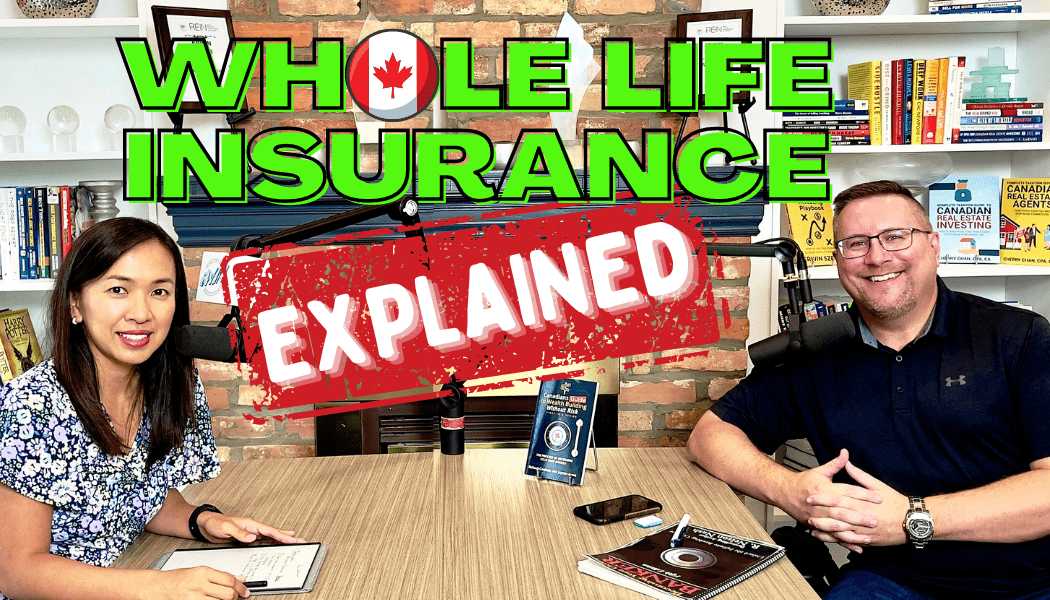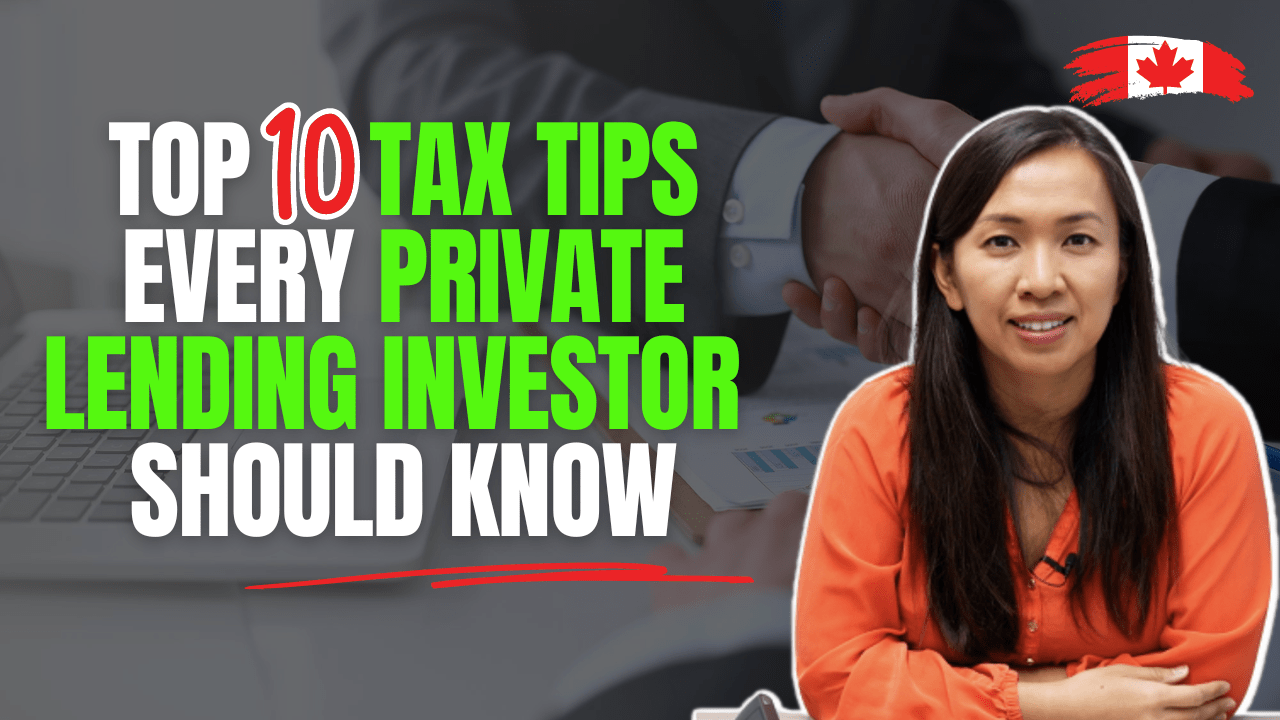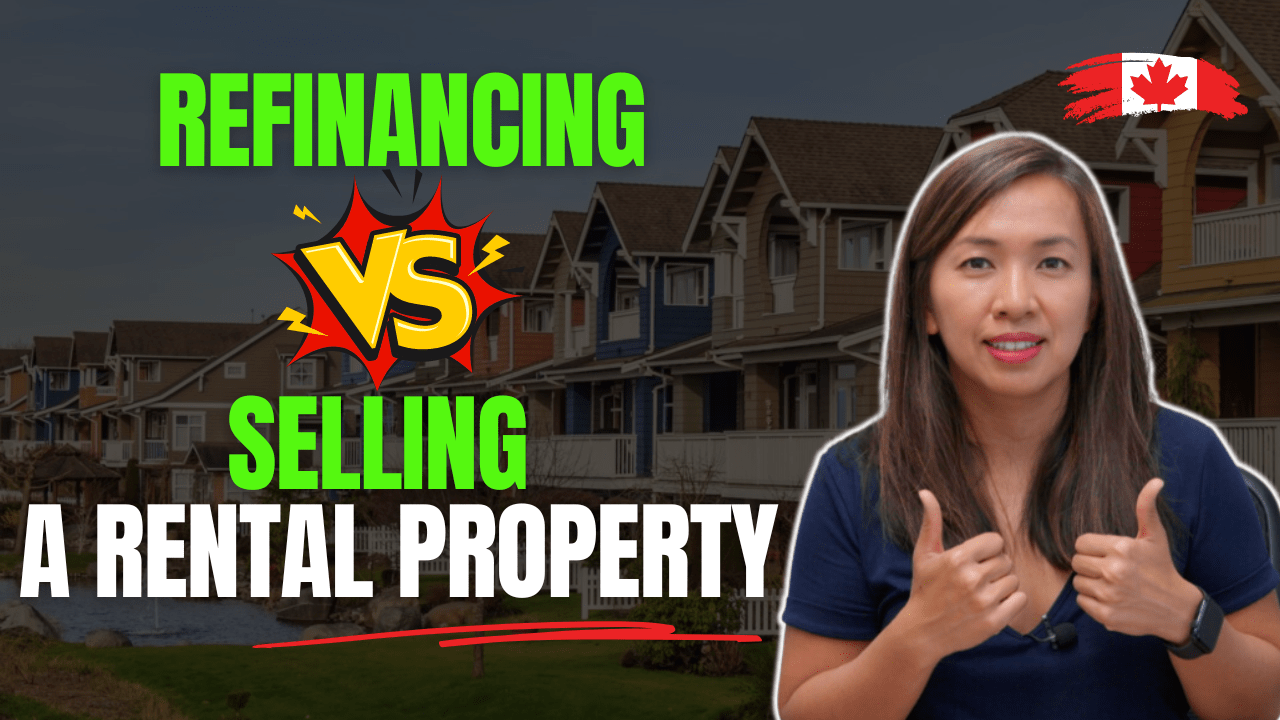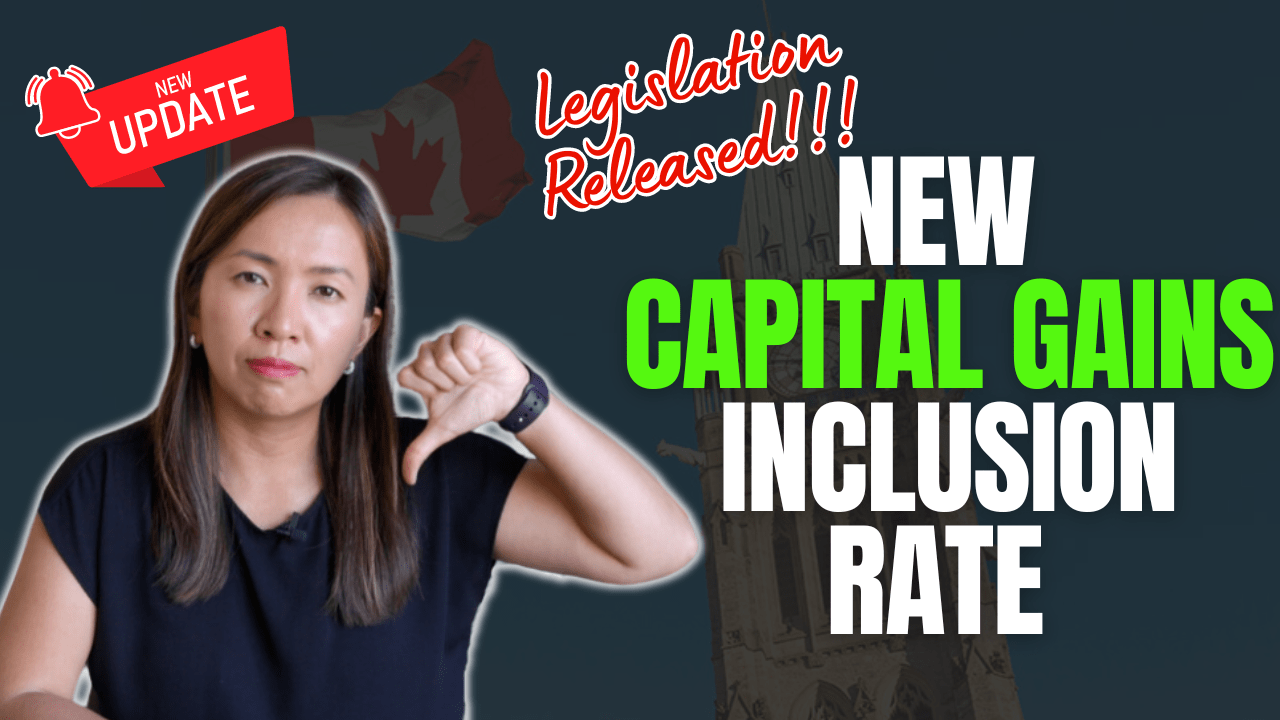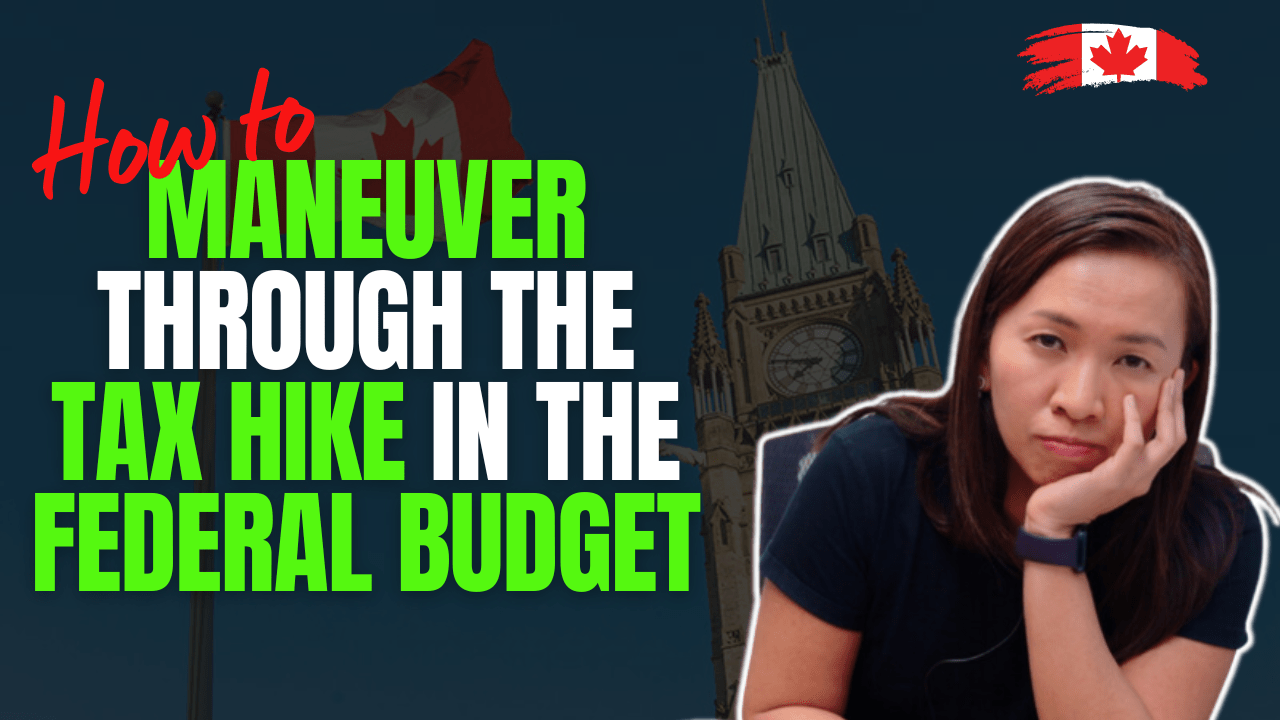Earlier this week, I got the opportunity to be a panelist at an entrepreneur learning event.
One of the presenters, who was a financial advisor, shared the following example (which I adapted and made some small changes):
A guy borrowed from his father-in-law for a lump sum amount to purchase a piece of equipment, which would enable him to start his own business.
He didn’t know any better about tax planning and business ownership at the time. He offered his mother-in-law 30% in exchange for the loan.
He did really well with this expensive equipment, grew his business to an 8 figure business. And his mother-in-law, who’s over the age of 70s, continued to own this 30% interest of the business unintentionally. They are all unaware of the potential tax liabilities she could be exposed to.
Now, let’s back track a bit.
When we pass away, all of our assets are deemed to be disposed at fair market value in the eyes of Income Tax Act.
There’s an exception to it, that’s if you’re survived by your partner/spouse. In which case, you could rollover your assets to your significant other on a tax-free basis. This should really be done
But…when your significant other also passes away… again, unless, he/she is survived by a spouse/common-law partner, and your significant other decided to leave the assets to this third person…
Ultimately, there’s a deemed disposal of assets at fair market value.
If you have RRSP, the ENTIRE balance of RRSP is being reported as income on your personal tax return.
If you have a rental property, the fair market value is used as the deemed disposal sale price. With your adjusted cost based, you are required to report the capital gain incurred on this property.
Now, if you own shares of a small business, you’ll also have a deemed disposal of the shares.
In the example shared by the financial advisor earlier, the mother-in-law owns 30% of the shares of this thriving business.
When she passes away, she would be exposed to this unknown amount of taxes on this 30% ownership of shares.
In tax world, she can’t quite escape from paying tax on deemed disposal of these shares when she passes away.
However, with proper estate planning, she can freeze the value of this 30% shares at current value.
Say these shares are worth $3million today, this means that she locks in the value of these shares at $3million.
When she eventually passes 30 years down the road, even if the 30% is worth $10million, she still pays tax on $3 million shares.
Now with the $3 million lock in value, the business can turn around and purchase a life insurance policy with death benefit that is equivalent to this tax bill.
Sounds complicated, isn’t it?
Just like buying real estate in your corporation when you own a small business, you can pay as little as 12.2% corporate tax, and use the high after-tax earnings, 87.8% to purchase this life insurance policy.
With proper planning, this life insurance can also provide you non-taxable return on the cash surrender value.
You can also draw out dividend from your policies to fund your retirement, you can borrow against it to fund your retirement, and you can also borrow against it to fund the purchase of your next investment property… neat, isn’t it?
It can even be your family banking system, as per my personal insurance advisor Jayson Lowe.
You can hear from him directly on this week’s video:
If you want to find out more about how you can build your own family banking system, join us at the upcoming Wealth Hacker Conference on Nov 12, 2022 Saturday at the Toronto Congress Centre. We’re doing a promotion and you can still get 40% off. Get tickets now. wealthhacker.ca
Until next time, happy Canadian Real Estate Investing.
Cherry Chan, CPA, CA
Your Real Estate Accountant
